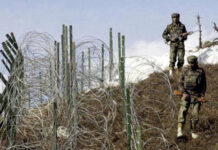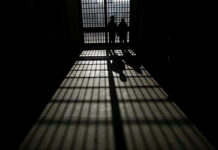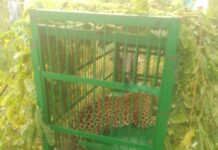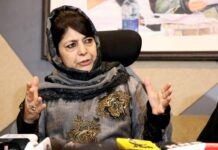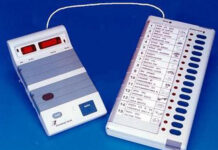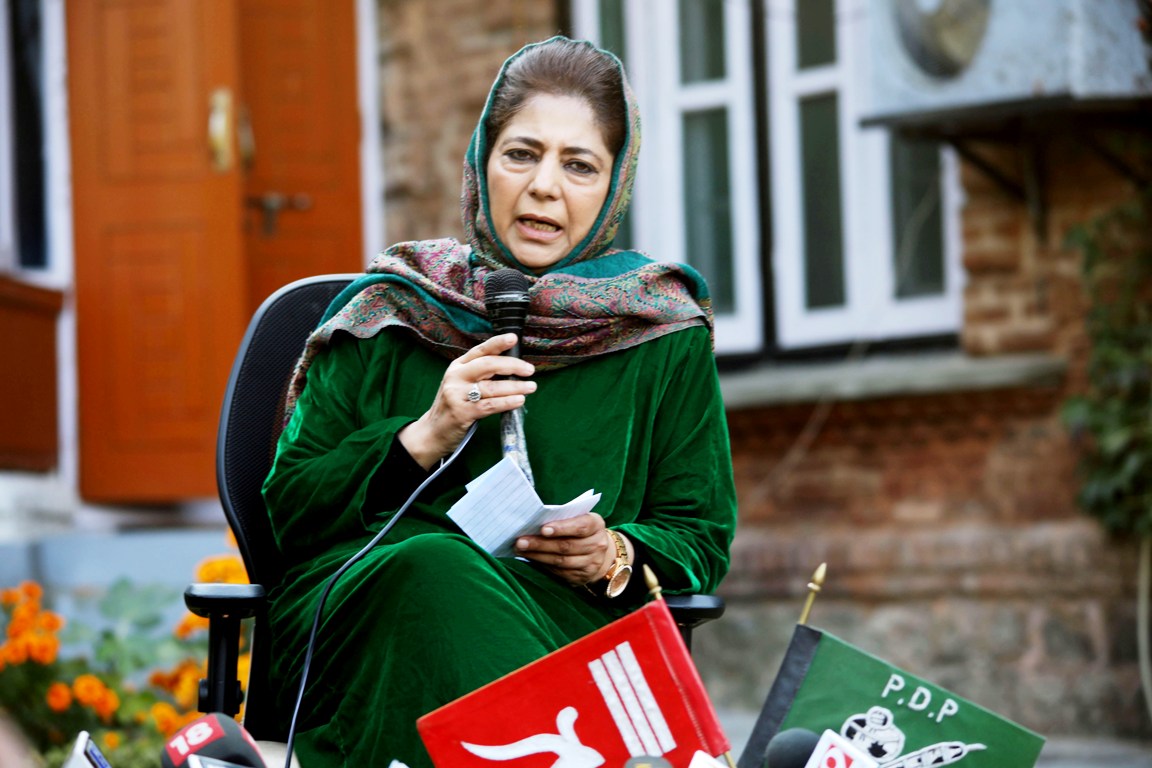by Saifullah Bashir
SRINAGAR: Kashmir was yet to come out of the August 5 shock that the virus forced a new lockdown on Kashmir. Some of the social workers and the non-government organizations (NGO), who were already in the field, did not find it difficult to get into the new situation.
However, there was a difference. Unlike the past, they have to protect themselves from contagion. That was the key factor why some of them took a bit of time in managing their return to the field of social work.
The NGO’s in Kashmir are doing a lot of work. Apart from running schools, dialysis centres, providing medicines on subsidised rates and, running orphanages, they are a breed without whom Kashmir will face immense issues. They do not work in isolation. They work in close coordination with the government.
Athrout, for instance, got into battle gear much before the lockdown began. Their immediate priority was the frontline health workers especially after they reported dearth in personal protection equipment including face masks. On the public awareness front, the NGO drove mike-fitted vehicles to tell people how to save their skin from the scourge.
“We made 6000 masks as it was a dire need for people,” said Athrout Chairman, Bashir Nadvi. “We give first priority to the doctors as their safety is the first concern”.
Though the manufacture of the medical protective gear requires slightly a better skill, this and many other NGOs roped in people having any kind of knowledge. The PPEs that are being locally manufactured and being seen as a step short of the actual gear that doctors use. Nevertheless, they are being put to use and manufactured.
This, however, is not impacting the routine activities of the Authrout. “Our Dialysis centre is working continuously,” Nadvi said. “We also provide free ambulance service and we have five ambulances on roads.”
Another NGO is called HOPE. It specialises in providing medicines on subsidised rates throughout the year, irrespective of who the buyer is.
“Our boys are putting their lives in risk and they come early in the morning to keep the medicine shop running,” Zubair Ahmed, who heads the HOPE said. “Their parents are worried but still they are coming to the shop.”
The HOPE is using its ambulance to pick and drop their sales boys. “There is a total lockdown and our working boys cannot reach their destinations without transport. So, we decided to use our ambulance,” added Zubair.
Besides, HOPE is also providing oxygen cylinders. They have almost 500 plus oxygen cylinders. They are providing free medicines to needy persons and free ambulance service as well.
In the last 10 days, a couple of small but important initiatives started using social media. Seemingly, these are sort of special purpose vehicles that will close their operations only the pandemic tensions subside.
They are invisible but working. One effort called Network Srinagar has created a central server kind of a thing to which are attached a number of volunteers at the ground zero, NGOs, Mohalla Committees and the local Bait-ul-Maals. “We get an SMS about the requirement of food or medicine, for instance, so we quickly alert the local volunteer who sees how best can he help,” one of the organisers said.”This is still at the initial stage but it has started working.”
Certain smaller groups within this network are working with the medical staff only. They try to see how better they can bridge the deficiency gap.
NGO’s are not only working in Srinagar but beyond the capital city too.
There are countless volunteers who are within the limited resources in different areas. Some are making masks and distributing them free. A Sikh tailor from Tral was seen making and distributing these face masks at individuals level.
In Bejbehara, al-Falah Peoples Trust started its journey in 2014 floods, by starting community free kitchen in the local hospital.
After the floods were over, it went a step ahead. By now, it has established a diagnostic lab where they conduct multiple tests on no profit no loss basis. “Our influence is limited to Bejbihara and its peripheries,” Fayaz Ahmad, the Trust General Secretary said. “We conduct tests and provide medical assistance to the needy.”



